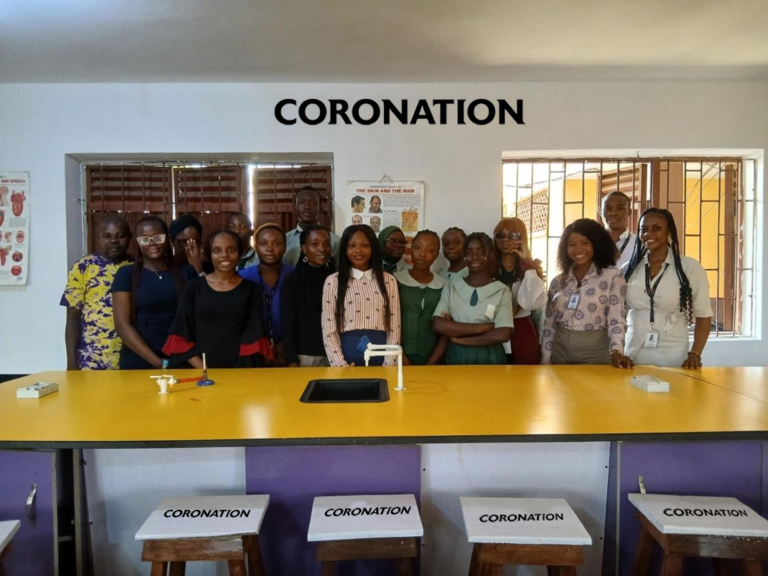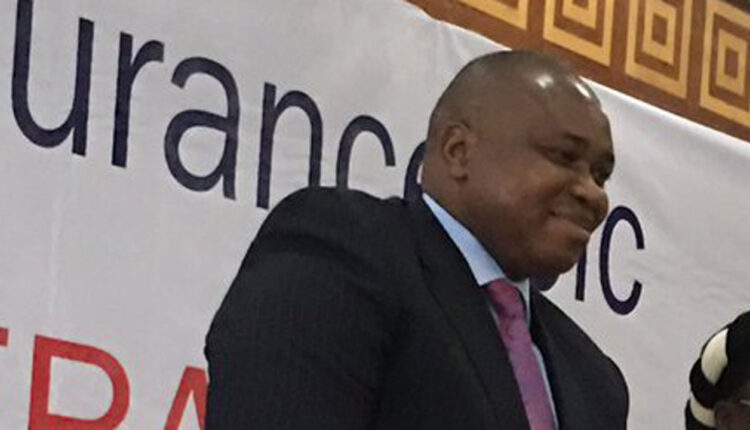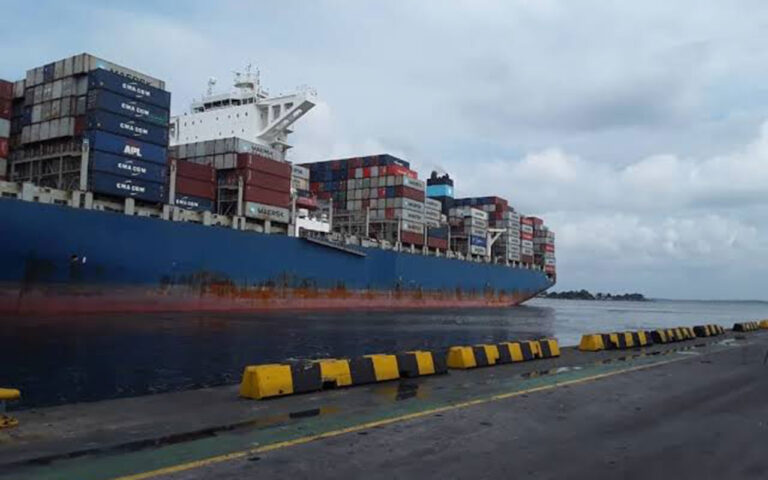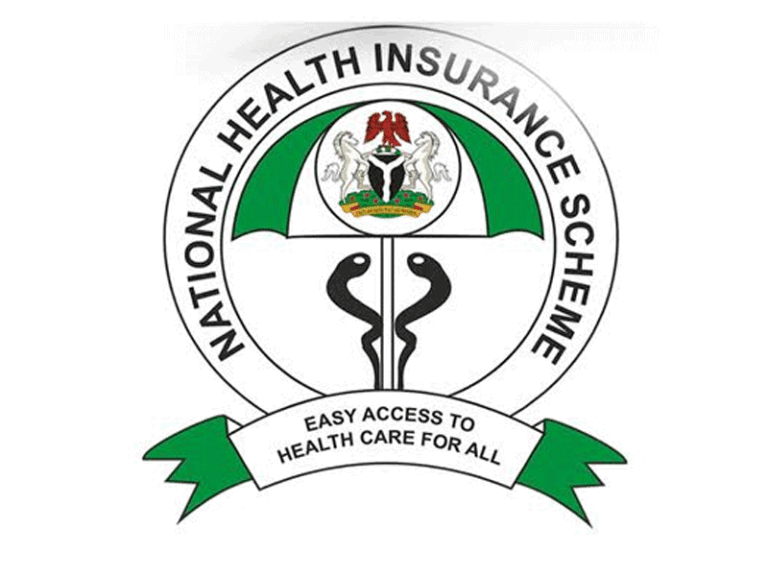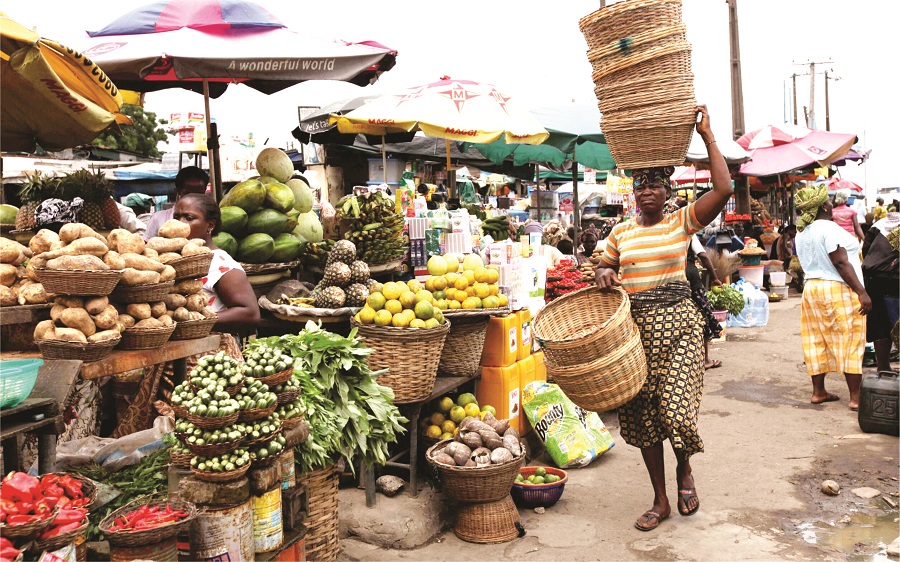
Nigerians are facing increasing financial strain due to ongoing harsh economic conditions, significantly affecting the purchase of insurance products. As inflation rises and disposable income dwindles, many households and businesses are cutting back on expenses deemed non-essential, including insurance coverage.
Data from the National Insurance Commission (NAICOM) reveals a concerning dip in insurance penetration, which was already one of the lowest in sub-Saharan Africa at less than 1% of GDP. Insurance companies are reporting reduced patronage, with life and health insurance policies experiencing the most significant declines.
“A large portion of Nigerians live paycheck to paycheck,” said Funmi Olatunji, an insurance broker in Lagos. “They struggle to prioritize insurance when they can barely afford food, rent, and school fees.”
Economic Pressure on Households
The root of the issue lies in Nigeria’s challenging economic environment. Recent government policies, including the removal of fuel subsidies and a depreciating naira, have led to a surge in transportation, food, and energy costs. Inflation, which reached over 30% in 2024, has further eroded purchasing power.
“For the average Nigerian, insurance is seen as a luxury,” explained Dr. Kenne Nwakama, a business consultant. “Many would rather save money for immediate needs or emergencies rather than invest in long-term financial protection.”
Insurance companies are also feeling the heat. Rising operational costs and a shrinking customer base have forced some firms to downsize or merge. To stay afloat, companies like Coronation Insurance and AXA Mansard have introduced more flexible payment plans and microinsurance products, targeting low-income earners.
Despite these efforts, cultural and educational barriers persist. Many Nigerians remain skeptical about the benefits of insurance due to a lack of awareness and trust in the system.
Industry Experts Call for Innovation
Industry experts believe the solution lies in a mix of innovation, policy support, and public awareness campaigns. Digital platforms and mobile-based insurance solutions are gaining traction as affordable alternatives, allowing customers to pay in small, manageable installments. “The government must also step in,” argued Adebayo Yusuf, an economist. “Tax incentives for policyholders, subsidies for low-income earners, and stricter enforcement of compulsory insurance policies could help stabilize the sector.”
A Silver Lining?
While the current economic conditions are bleak, some analysts see an opportunity for growth in niche areas like agricultural insurance, which is increasingly sought after by farmers affected by climate change.
As the economy struggles to find its footing, the insurance industry faces an uphill battle to regain public trust and relevance. For now, the focus remains on adapting to the new economic realities and finding creative ways to ensure financial inclusion for all Nigerians.








